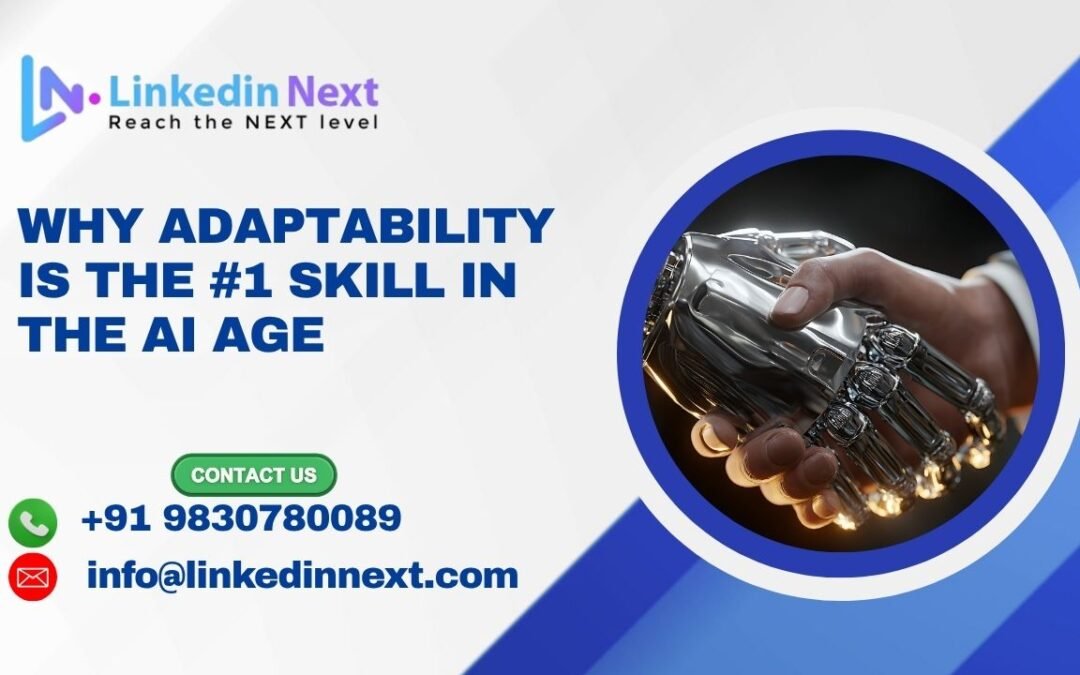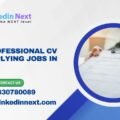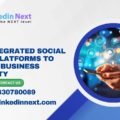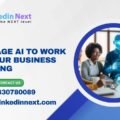Why Adaptability Is the #1 Skill in the AI Age
Why Adaptability Is the #1 Skill in the AI Age. In the rapidly evolving digital era, Artificial Intelligence (AI) is no longer a futuristic concept — it is today’s reality. From automated workflows and smart assistants to predictive analytics and generative design, AI is transforming how we work, think, and interact. As we step further into 2025, one truth stands out above all others: adaptability is the #1 skill in the AI age.
Those who can learn, unlearn, and relearn will not only survive but thrive in a world where change is constant and innovation unstoppable.
The AI Revolution: A World in Constant Motion
Artificial Intelligence has infiltrated every corner of our professional and personal lives. Machines are learning faster, algorithms are making decisions, and data is shaping our daily choices. Entire industries — from manufacturing and finance to education and healthcare — are being redefined by automation.
This shift demands something more than just technical skill. It requires the ability to adapt, to embrace uncertainty, and to evolve continuously as technology advances.
Adaptability is not just about reacting to change — it’s about anticipating it, understanding it, and leveraging it for personal and professional growth.
What Makes Adaptability So Important in the AI Era?
1. Technology Is Changing Faster Than Ever
In the past, skills could last decades. Today, many become obsolete within years — or even months. With AI evolving exponentially, workers must continuously update their knowledge to stay relevant. Those who resist change risk being left behind, while adaptable professionals can pivot and excel in new environments.
Example: A marketing professional in 2020 who mastered only social media now needs to understand AI-driven analytics, content automation, and customer personalization tools to stay competitive in 2025.
2. Adaptability Fosters Lifelong Learning
The AI age rewards curiosity and continuous learning. Adaptable individuals have the mindset to embrace new tools, explore unfamiliar roles, and stay ahead of disruption. They view learning as an ongoing journey, not a one-time achievement.
Whether it’s mastering a new AI platform, learning data visualization, or understanding automation ethics, adaptable professionals are perpetual learners — open, agile, and growth-oriented.
Key takeaway: In a world where AI evolves daily, adaptability ensures your career evolves with it.
3. Emotional Resilience in Times of Uncertainty
AI automation brings both excitement and anxiety. Entire job roles are being redefined, and workplace structures are shifting toward hybrid and digital ecosystems. Adaptability builds emotional resilience, allowing individuals to manage uncertainty and remain productive even when change feels overwhelming.
Rather than fearing job loss, adaptable employees embrace transformation — viewing AI as an opportunity to enhance creativity and efficiency, not as a threat.
4. Adaptability Enables Collaboration Between Humans and AI
In 2025, the future of work is human + machine collaboration. AI handles repetitive tasks, while humans focus on creativity, ethics, and strategic decision-making. Adaptable professionals know how to work alongside AI, leveraging its power without losing their human edge.
For example, journalists use AI for data research, designers rely on AI-assisted creativity tools, and doctors collaborate with AI diagnostic systems to improve patient care. Success now depends on how well one can integrate AI tools into their workflow.
Key takeaway: Adaptability bridges the gap between human intelligence and artificial intelligence.
5. Businesses Value Agility Over Experience
Employers in 2025 prioritize adaptable employees over those with static expertise. The ability to pivot, learn new systems quickly, and handle multiple roles makes adaptable workers invaluable in fast-changing environments.
Companies no longer seek rigid specialists — they seek versatile innovators who can transition seamlessly between projects, adapt to new technologies, and lead through disruption.
Statistic: According to LinkedIn’s Future of Skills report, adaptability and flexibility rank among the top three most sought-after soft skills by employers globally.
How to Build Adaptability in the AI Era
1. Cultivate a Growth Mindset
A growth mindset, as coined by psychologist Carol Dweck, means believing that abilities can be developed through effort and learning. Instead of fearing failure, embrace it as feedback. Every new technology or skill you learn expands your capacity to adapt.
Action Tip: Start by challenging yourself with tasks outside your comfort zone — learn a new AI tool, enroll in an online course, or volunteer for a cross-functional project.
2. Embrace Continuous Learning
Adaptability thrives on knowledge and curiosity. Stay informed about technological trends, take up digital certifications, and follow thought leaders in AI and automation. Platforms like Coursera, Udemy, and LinkedIn Learning offer accessible paths to upgrade your skills continuously.
Action Tip: Dedicate 30 minutes daily to learning something new — whether it’s coding, design thinking, or AI ethics.
3. Strengthen Emotional Intelligence (EQ)
In a world of smart machines, emotional intelligence remains the ultimate human advantage. Adaptable professionals know how to manage stress, communicate effectively, and collaborate across diverse teams. These interpersonal skills are essential in hybrid and AI-augmented workplaces.
Action Tip: Practice empathy and active listening — they enhance collaboration and adaptability in dynamic environments.
4. Develop Digital Fluency
Adaptability today means being digitally fluent. You don’t need to become a programmer, but understanding how AI, data analytics, and automation tools work is crucial. Knowing the basics helps you use these technologies efficiently and make informed decisions.
Action Tip: Learn to use AI-powered productivity tools such as ChatGPT, Jasper AI, Notion AI, or Midjourney to streamline your workflow.
5. Be Open to Change and Reinvention
The AI era is not about mastering one career — it’s about being ready for many careers. Adaptable people embrace career reinvention. They are willing to pivot into new fields, take calculated risks, and redefine their professional identities.
Action Tip: Instead of asking, “What job will I have in 10 years?” ask, “How can I evolve with the opportunities that emerge?”
Why Adaptability Outranks Technical Skill
While AI literacy and digital proficiency are important, adaptability is the foundation that enables both. It’s the skill that transforms change into opportunity. In the coming years, the most successful professionals won’t necessarily be those with the most technical expertise — but those who can learn faster, think creatively, and evolve fearlessly.
AI will continue to automate tasks, but it cannot automate human adaptability — the capacity to pivot, adjust, and thrive in unpredictable environments.
Final Thoughts: Adaptability Is the New Intelligence
The AI revolution is not just a technological shift; it’s a mindset revolution. The individuals and organizations that succeed in 2025 and beyond will be those who embrace adaptability as a core strength.
In the age of AI, it’s not about knowing everything — it’s about being ready for anything. Adaptability transforms fear into fuel, uncertainty into innovation, and disruption into opportunity.
Because when technology evolves at lightning speed, your ability to adapt becomes your greatest superpower.
Also read our more BLOG here.
Thank you for read our blog “Why Adaptability Is the #1 Skill in the AI Age”.
I hope this blog is helpful to you, if you have any question feel free contact us at
Call/WhatsApp: +91.9830780089 || Email: info@linkedinnext.com







Recent Comments